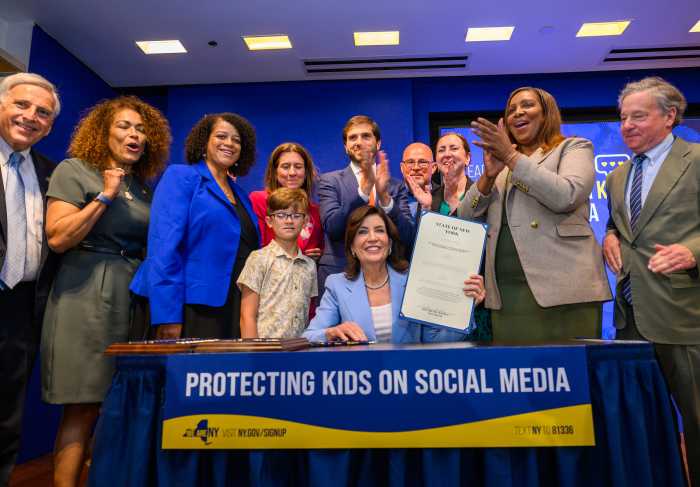A few days ago, my daughter called from college and asked for my male perspective on the young men with which she goes to school. I was quite flattered she would turn to me, but found myself torn between painting a rosy picture of college boys and what kind, sensitive, and caring creatures they can be, or telling her the truth — that she should be cautious and wary, and keep a small bottle of Mace in her pocket whenever dudes are present.
This is not the caution of an overprotective father. I know dads like that, who swear they will chase away any suitor their daughter brings home and can barely stand to see their girls talking to a boy. That’s not my issue.
The incidence of sexual assault on college campuses is horrifying. A White House panel released its report last week estimating that one in five female students will be assaulted during their university career. Across the country, at large and small schools, prestigious and not, there are protests and lawsuits alleging colleges fail young women on their campuses by not protecting them, not responding to them, and not prosecuting attackers.
This epidemic is not about the high profile cases of college athletes who seem to escape punishment including Heisman Trophy winner Jameis Winston, accused of rape but uncharged after Florida State University and the Tallahassee police botched their investigations. These situations are terrible and wrong in every way.
What I’m talking about, though, is that guys on campuses, not just athletes, not just fraternity brothers, are routinely assaulting their classmates — most women know their attackers. Schools, and to be fair, parents as well, fail to hold young men accountable for their behavior, sweeping it under the rug with tired, phrases like, “misunderstanding” and “boys will be boys.”
The words we need to use are, “rape,” violence,” and “assault.”
What should I tell my daughter when she’s trying to understand the behavior of Joe Freshman down the hall or some guy she met in the library or at a party? Should I encourage her to join him for coffee?
Instead, I could take the alarmist tack and tell her never to drink (alcohol is often involved in college assaults), trust no one with a penis, don’t go to parties, never be alone with a man — anywhere. I might as well follow her around shouting “Danger! Danger! Danger!” but these messages subtly tell my girl that she is responsible if something bad happens to her. It’s just another way to blame the victim.
Parents, administrators, police, professors, we are all responsible for teaching our children right and wrong, that sexual violence is never okay, giving our daughters and sons clear moral compasses to guide them in college where they often have their first taste of adult freedoms and relationships.
In the end, I tell my daughter that college life is just like growing up in Brooklyn. There are all kinds of guys she’ll meet. Be aware of your surroundings, be prudent but enjoy, live fully, find good friends, go places.
But keep that can of Mace handy, just in case.

























